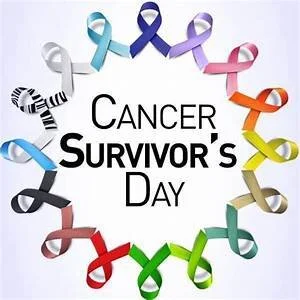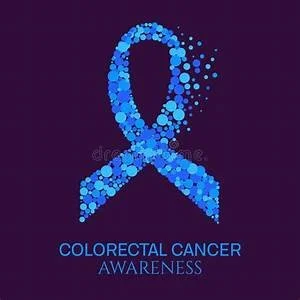I would like to give a special shout-out to all of the cancer survivors out there! Well deserved, you have a day designated to Cancer Survivorship – June 6, 2021. The NCSD Foundation states that, “National Cancer Survivors Day is a celebration for those who have survived, an inspiration for those recently diagnosed, a gathering of support for families, and an outreach to the community.”
Colorectal Cancer Awareness Month
March is colorectal cancer awareness month and rightfully so. Colorectal cancer is the third most commonly diagnosed cancer in men and women combined in the U.S. It is the second leading cause of cancer death in men and women combined in the U.S. Young onset is still on the rise. In the years 2007-2016, while the rates for people aged 55 or over dropped by 3.6% each year, the rates for people under 55 increased 2% each year. It is estimated that 68% percent of colorectal cancer deaths could be prevented with screening. So, if you're over the age of 45 (and younger if you have any family history), it may be wise to discuss your screening options with your healthcare provider.
Intermittent Fasting & Potential Health Benefits
Fasting is voluntarily refraining from eating for a set period of time and has been used for many years for therapeutic and spiritual purposes. Intermittent fasting (IF) is defined as a variety of eating patterns where no or few calories are consumed for periods of time than can span 12 hours to several days, on a recurring basis, and can result in a number of different physiological responses. Time restricted fasting (TRF) is a specific type of IF in which food intake is restricted to specific time periods of the day, typically between 13 and 18 hours. TRF has been shown to improve glycemic control, increase fat oxidation, and has the potential to improve insulin signaling. This is all due in part to the increased levels of ketone bodies produced when fasting.




